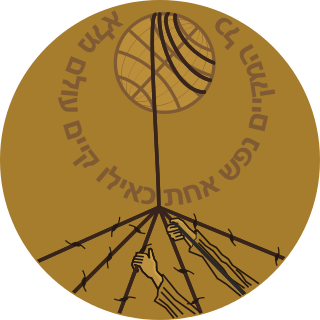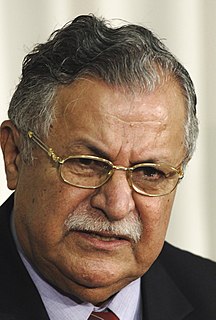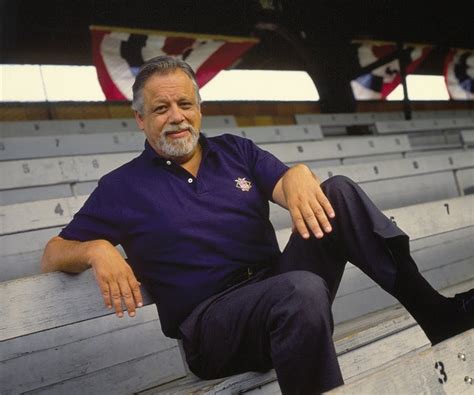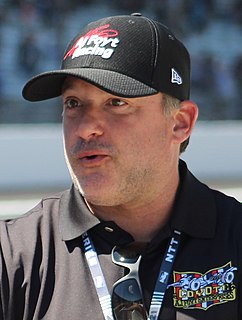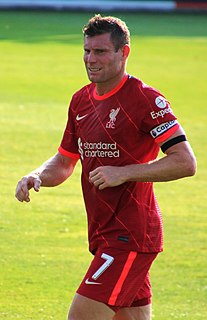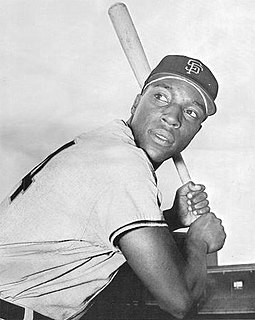A Quote by Diet Eman
To me it was real war and my life was at stake, and I believe that all those clandestine spy games we played as children helped when the Occupation came.
Related Quotes
The gods have fled, I know. My sense is the gods have always been essentially absent. I do not believe human beings have played games or sports from the beginning merely to summon or to please or to appease the gods. If anthropologists and historians believe that, it is because they believe whatever they have been able to recover about what humankind told the gods humankind was doing. I believe we have played games, and watched games, to imitate the gods, to become godlike in our worship of eachother and, through those moments of transmutation, to know for an instant what the gods know.
Of John Le Carre's books, I've only read 'The Spy Who Came In From The Cold,' and I haven't read anything by Graham Greene, but I've heard a great deal about how 'Your Republic Is Calling You' reminded English readers of those two writers. I don't really have any particular interest in Cold War spy novels.
In 1600 the specialization of games and pastimes did not extend beyond infancy; after the age of three or four it decreased and disappeared. From then on the child played the same games as the adult, either with other children or with adults. . . . Conversely, adults used to play games which today only children play.
Before I became a full-time writer, I worked in tech support in those giant cubicle farms you see. I was surrounded by people who played video games all the time - sometimes actually in the call centers, playing online multiplayer games. I saw friends of mine who began to feel that going online was more compelling to them than real life.
...But we enjoyed playing games and were punished for them by men who played games themselves. However, grown-up games are known as 'business' and even though boys' games are much the same, they are punished for them by their elders. No one pities either the boys or the men, though surely we deserve pity, for I cannot believe that a good judge would approve of the beatings I received as a boy on the ground that my games delayed my progress in studying subjects which would enable me to play a less creditable game later in life.
It's important to remember that World War II was experienced very much as a continuity in that sense. Most of World War II in most of Europe wasn't a war; it was an occupation. The war was at the beginning and the end, except in Germany and the Soviet Union, and even there really only at the end. So the rest of time it's an occupation, which in some ways was experienced as an extension of the interwar period. World War II was simply an extreme form, in a whole new key, of the disruption of normal life that began in 1914.
Living somewhere permanently, you have a stake in society. I had no stake. It did not matter to my life which way the war turned, and I think that gave a certain purity to the endeavor that I undertook. I see it as something positive, something that helps me conduct the kind of reporting that I wanted to do.
The 2006 playoffs were such a rollercoaster for me. I was able to lean on God and know that no matter what things were going to work out the way they were meant to work out. I had that trust that allowed me to go into the games without fear. When I prayed before games, I was able to just let it go. When I played in game seven of the Stanley Cup Finals, I prayed more that day than I have my whole life. That was a day that I leaned on the Lord a lot. It helped me to face some of my fears.
